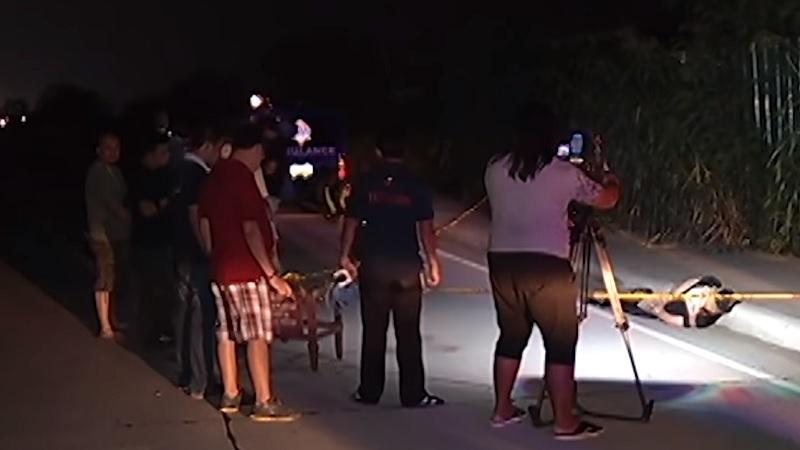PNP allows DOJ to check records of drug war deaths

The Philippine National Police (PNP) has granted the Department of Justice (DOJ) access to the records of drug war deaths as part of an inter-agency panel review of the controversial campaign.
Justice Secretary Menardo Guevarra said the records involve 61 cases where the PNP Internal Affairs Service had found administrative/criminal liability on the part of law enforcement agents.
“What is significant right now is that the DOJ has been given free access, something that did not happen in previous years, thereby making our review rather difficult,” he said in a message to reporters.
“The DOJ, however, will continue to examine case records available from its regional prosecution offices other than those covered in its initial report.”
Guevarra met with PNP chief Police General Guillermo Eleazar last Friday. During the meeting, the two officials discussed active collaboration in the review of illegal drug operations where deaths occurred, and in the investigation of alleged extrajudicial killings and related cases.
“General Eleazar expressed his sincere intention to cooperate with the DOJ in order to remove or discipline wrongdoers among the ranks of the police and thereby uplift the image of the PNP as protectors of the people. The DOJ and the PNP will execute a formal memorandum to embody this agreement,” Guevarra said.
Guevarra added the “biggest challenge” to the prosecution of drug war deaths “is and has always been, the willingness of witnesses to appear and testify.”
The DOJ leads a panel of several government agencies, including law enforcement units, in reviewing 5,655 anti-drug operations that resulted in deaths to see whether to file charges against the police officers involved.
The Commission on Human Rights, an independent government body, said that it was not involved in the review.
In his report to the United Nations Human Rights Council last February, Guevarra said the panel’s preliminary findings showed that law enforcement agents asserted that the subject of the anti-drug operations resisted arrest or attempted to draw a weapon and fight back.
However, the panel found out that there was no full examination of the weapon recovered, no verification of its ownership undertaken, and no request for ballistic examination or paraffin test was pursued.
“It was also noted, among others, that in more than half of the records reviewed, the law enforcement agents involved failed to follow standard protocols pertaining to coordination with other agencies and processing of the crime scene,” Guevarra said.
Thousands of drug suspects have died since President Rodrigo Duterte launched an intensified drive against illegal drugs in 2016 as critics raised numerous cases of human rights violations.
The International Criminal Court has yet to make a decision whether to conduct a full-blown investigation into the war on drugs. —KBK, GMA News




